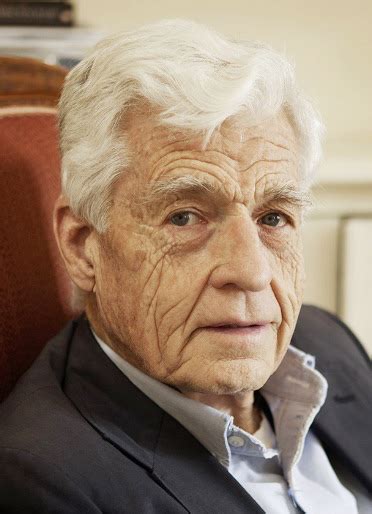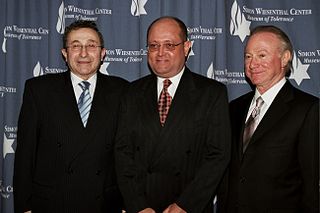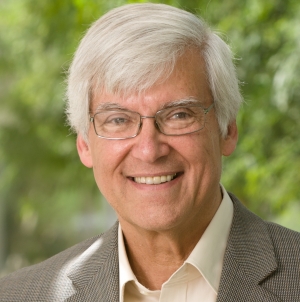A Quote by Noam Chomsky
There was a really monstrous and almost literal genocide in the Mayan area, specifically under Ríos Montt. By now it has been recognized somewhat by Guatemalan society. In fact, Montt was under trial for some crimes. But the U.S. prohibits people from fleeing here.
Related Quotes
The most dramatic case is that of the Central Americans. Why are people fleeing Central America? It's because of the atrocities the U.S. committed there. Take Boston, where there's a fairly large Mayan population. These people are fleeing from the highlands of Guatemala, where there was virtual genocide in the early 1980s backed by Ronald Reagan. The region was devastated, and people are still fleeing to this day, yet they're sent back.
Suppose that I see a hungry child in the street, and I am able to offer the child some food. Am I morally culpable if I refuse to do so? Am I morally culpable if I choose not to do what I easily can about the fact that 1000 children die every hour from easily preventable disease, according to UNICEF? Or the fact that the government of my own "free and open society" is engaged in monstrous crimes that can easily be mitigated or terminated? Is it even possible to debate these questions?
Well, almost everything is open - the political documents, the (unintelligible) of cabinet meetings. What has been opened now and what had been closed are things that many governments still close, and that is police files and trial records, trial records of the special courts set up by Vichy. And especially interesting are the trial records of the Purge Trials after the war.
I make a difference between genocide and Holocaust. Holocaust was mainly Jewish, that was the only people, to the last Jew, sentenced to die for one reason, for being Jewish, that's all. Genocide is something else. Genocide has been actually codified by the United Nations. It's the intent of killing, the intent of killing people, a community in this culture so forth, but no other people has been really interested.
Just recently, the administration of Barack Obama, which has broken all sorts of records in regards to deportation, picked up a Guatemalan man living here [in U.S]. I think he had been living here for twenty-five years, had a family, a business, and so on. He had fled from the Mayan region and they picked him up and deported him. To me, that's really sick.
It's just this long overdue. These people [ex-Nazi brought to trial] should be grateful to the apathy that exists there that prevented them from being brought to trial earlier. All of the people that they committed crimes against had their lives snuffed out, some of them at very young ages. Some of them never had a chance to get married and have children.
But he [Franklin Roosevelt] specifically prohibits any black participation from the Deep South, something which just infuriates people who'd been his supporters and who'd believed in him and resides that he is just shockingly abandoned the right of the people to rule. It's a pretty horrible story in that respect.
I know that I come from mid-20th century America, urban, specifically downtown New York, specifically an Italian-American area, Roman Catholic - that's who I am. And a part of what I know is there's a decency to people who tried to make a living in the kind of world that was around us and also the Skid Row area of the Bowery; it impressed me.
I believe that the major operating ethic in American society right now, the most universal want and need is to be on TV. I've been on TV. I could be on TV all the time if I wanted to. But most people will never get on TV. It has to be a real breakthrough for them. And trouble is, people will do almost anything to get on it. You know, confess to crimes they haven't committed. You don't exist unless you're on TV. Yeah, it's a validation process.
Theologians will protest that the story of Abraham sacrificing Issac should not be taken as literal fact. And the appropriate response is twofold: first, many, many people even to this day, do take the whole of their Scripture to be literal fact, and they have a great deal of political power over the rest of us, especially in the United States and in the Islamic world. Second, if not of literal fact, how should we take the story? As an alagory? Then an alagory for what? Surely, nothing praiseworthy. As a moral lesson? But what kind of morals could one derive from this appalling story?


































